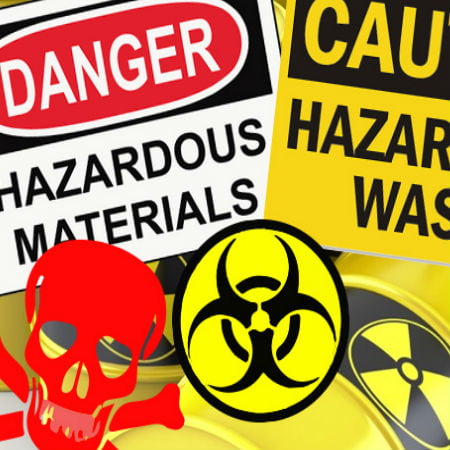
Why GPS Tracking for Hazardous Waste Transport Is Important
Of all the businesses that use fleet for road transfer, it’s the ones involved in transporting toxic waste materials including radioactive materials, poisonous gasses, and explosives that face bigger risks. Being in this industry, one must have excellent management skills and thorough understanding of the potential risks they might face when there is even one small miscalculation. It’s one of the many reasons GPS tracking for hazardous waste transport is necessary.
Below are some of the benefits of using GPS tracking for hazardous waste transport.
Scroll down for videos

Clker-Free-Vector-Images
1. Encourages safe driving
Knowing the kind of load they are carrying in their trucks should be enough reason for most fleet drivers to behave properly on the road. But there are still those drivers that need motivation for them to practice safe driving. In this aspect, GPS tracking for hazardous waste transport can help.
GPS fleet trackers can monitor undesirable driving behavior such as speeding, braking, and swerving. Not only that, it can also record important vehicle information like the speed, the number of hours that the driver spends on the road, downtime duration, etc. With this information on hand, you will be able to encourage drivers to follow company rules as well as federal regulations for their own safety and the safety of everyone around them.
2. Can easily find GPS coordinates in case of accidents
As much as possible, fleet drivers must be extra careful when transporting toxic wastes to avoid any accident. If an accident occurs while transporting hazardous materials, time is crucial because once exposed, it’s extremely harmful to our health as well as our environment. Quick action is needed. GPS tracking for hazardous waste transport can help you locate the exact position of the fleet to be able to initiate coordinating efforts for proper cleanup and decontamination as well as ensure the safety of your driver and everyone around. The tracker device can help you hasten rescue response and containment efforts.

Pexels
3. Helps track vehicle maintenance routine
When trucks are well-maintained, it minimizes the risk of unnecessary breakdowns and accidents due to mechanical failures. On-road vehicle breakdown of fleets transporting hazardous materials is dangerous and could create a chain of disastrous events. GPS tracking can help prevent such incidents from happening by sending maintenance scheduling alert. Once the feature is activated, you don’t have to beat yourself for not remembering. GPS tracking for hazardous wastes transport automatically sends you an alert as to when the next vehicle maintenance schedule is.
4. Provides real-time tracking
In transporting hazardous wastes, a delay should be avoided. The truck must always be on schedule. It could be targeted by a prankster or some unscrupulous individuals who are out to take over the materials to harm the environment. But if your fleet is installed with a GPS tracker, you will be able to monitor its movement as well as what route it is taking. In case the track is hijacked, there are GPS trackers with SOS button that allow your driver to contact your and ask for assistance. Since the truck has a tracking device, it can be recovered in no time.
Safety is the top priority of the companies that are engaged in this line of business. It is for this reason that the authorities imposed so many rules for the hazardous material companies to comply. GPS tracking for hazardous waste transport can help them reduce expenses, minimize paperwork, at the same time ensure that safety rules are consistently followed.
Try GPS tracking for hazardous waste transport now and see the benefits it can offer to your company.
Watch the videos below
Let us help you. We’d be delighted to answer any tracking questions you have or discuss the options in more details.
Call us now: 646-626-6116
Or visit this page 3G GPS fleet management system to learn more.